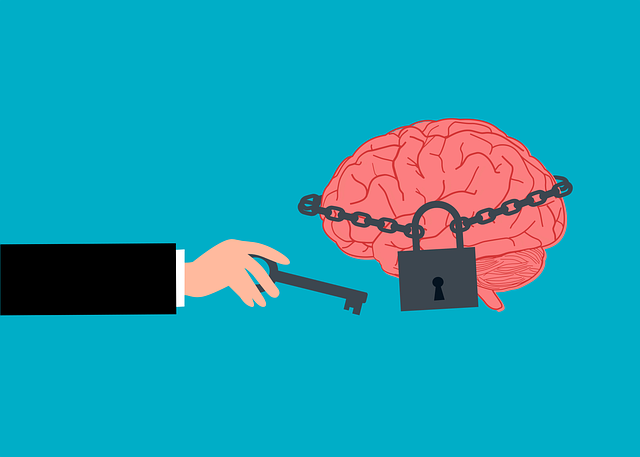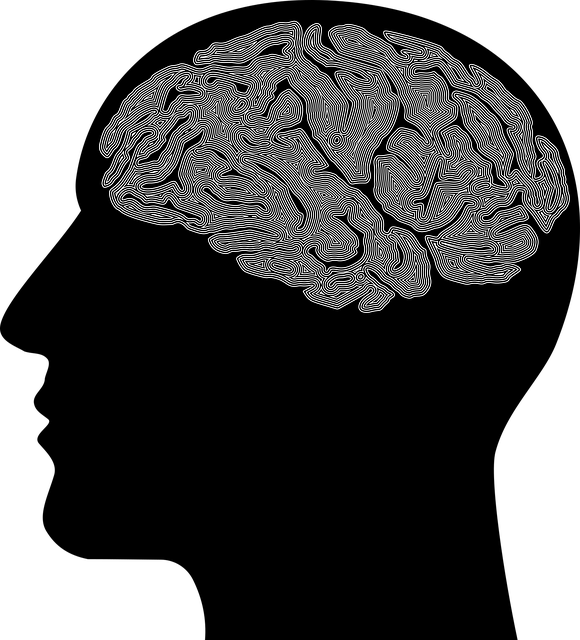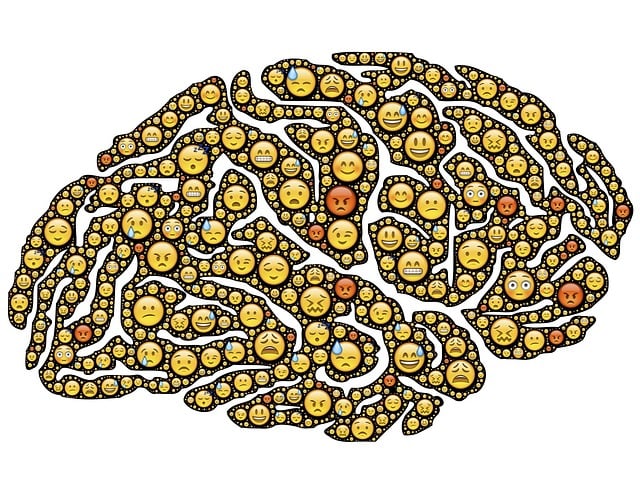Longmont Psychosis Therapy offers vital mental health support during crises, integrating evidence-based practices like cognitive-behavioral therapy and mindfulness techniques. They emphasize cultural sensitivity, active listening, and empathic validation to empower individuals through open communication and safe spaces. Immediate response strategies, including swift assessments and crisis de-escalation, ensure safety and stability. Post-crisis support focuses on mental wellness journaling and reflection practices for long-term coping mechanisms, helping clients thrive despite challenges.
“In moments of crisis, effective intervention can be a lifeline. This article guides you through essential strategies for navigating psychological crises, from recognizing early signs to implementing immediate response techniques. We explore powerful communication methods and emphasize the role of post-crisis support in fostering recovery.
Key insights are offered by Longmont Psychosis Therapy, experts in crisis intervention, ensuring individuals affected receive the best possible care. Discover practical steps to manage and overcome crises, ultimately promoting resilience and well-being.”
- Understanding Crisis Intervention: A Brief Overview
- Identifying Signs and Triggers of a Psychological Crisis
- Immediate Response Strategies for Safety and Stability
- Effective Communication Techniques in Crisis Situations
- Post-Crisis Support and Recovery Planning with Longmont Psychosis Therapy
Understanding Crisis Intervention: A Brief Overview

Crisis intervention is a critical component of mental health support, designed to provide immediate assistance and stabilize individuals facing severe distress or impending crisis. It involves a range of strategies aimed at calming the individual, assessing their needs, and connecting them with appropriate resources. The goal is to prevent escalation, promote coping mechanisms, and facilitate a safe transition towards long-term recovery.
Longmont Psychosis Therapy, among other mental health services, plays a pivotal role in crisis intervention, offering specialized care tailored to individuals experiencing psychotic episodes or severe mental illness. By integrating evidence-based practices, such as cognitive-behavioral therapy and mindfulness techniques, therapists help clients develop effective coping strategies and build resilience. Additionally, addressing burnout prevention strategies for healthcare providers is essential, ensuring that those supporting others in crisis remain resilient and capable. Mental wellness coaching programs development further enhances the availability of resources, empowering both individuals and support systems to navigate challenging situations with increased confidence and comprehension, while Mental Illness Stigma Reduction Efforts work towards creating a more supportive societal environment.
Identifying Signs and Triggers of a Psychological Crisis

Recognizing the signs and triggers of a psychological crisis is a critical step in effective crisis intervention. Individuals experiencing a mental health crisis may exhibit a range of behaviors, from severe emotional distress to thoughts of self-harm or suicide. Recognizable indicators can include sudden changes in mood, intense anxiety, delusions, hallucinations, or a marked decline in daily functioning. At Longmont Psychosis Therapy, we understand that these signs can vary greatly depending on the individual and their unique experiences.
Cultural sensitivity in mental healthcare practice plays a significant role in identifying these triggers. Every person’s journey with mental health is shaped by their cultural background, beliefs, and experiences. Therapists must be attuned to these nuances to offer appropriate support. By fostering open communication and creating a safe, non-judgmental space, professionals can encourage individuals to share their struggles honestly. Effective crisis intervention also involves employing communication strategies that build upon the client’s inner strength development, empowering them to navigate challenging situations with resilience.
Immediate Response Strategies for Safety and Stability

In situations where individuals are experiencing acute distress or crisis, immediate response strategies are paramount to ensure safety and stability. The first step involves a swift assessment to understand the nature of the crisis, whether it’s related to psychosis, trauma, depression, or other mental health concerns. Longmont Psychosis Therapy emphasizes rapid intervention to prevent escalating situations. Trained professionals utilize tools like active listening, empathic validation, and crisis de-escalation techniques to help individuals feel heard and supported.
By creating a sense of safety and calm, these strategies aim to stabilize the individual’s emotions and thoughts. This immediate response is crucial in fostering trust between the person in crisis and the support system, enabling further engagement in trauma support services or depression prevention programs. Additionally, confidence-boosting techniques can be integrated to empower individuals to take charge of their mental health journey from that very moment.
Effective Communication Techniques in Crisis Situations

In crisis situations, effective communication is paramount for successful intervention. During moments of heightened stress or distress, clear and empathetic listening becomes even more critical. At Longmont Psychosis Therapy, we emphasize active listening as a cornerstone of our crisis intervention strategies. This involves giving the individual your full attention, paraphrasing their words to ensure understanding, and validating their emotions without judgment. Such techniques foster trust and create a safe space for individuals to express themselves honestly, which is crucial for assessing and addressing their needs effectively.
Additionally, communication strategies that focus on validation and de-escalation are essential tools in crisis management. Recognizing and acknowledging the individual’s feelings can help reduce their sense of isolation and promote a sense of understanding. Encouraging open dialogue while promoting self-esteem improvement and depression prevention techniques empowers individuals to better navigate challenging situations. These approaches, combined with professional guidance, can make a significant difference in managing crises and supporting long-term mental health.
Post-Crisis Support and Recovery Planning with Longmont Psychosis Therapy

Post-crisis support and recovery planning are integral components of effective crisis intervention strategies. Longmont Psychosis Therapy offers specialized services aimed at guiding individuals through the complex process of healing after a traumatic event. The therapy focuses on fostering mental wellness by providing tailored journaling exercise guidance, encouraging reflection and self-care practices through mental wellness journaling. This approach allows clients to process their experiences, identify triggers, and develop coping mechanisms for long-term emotional healing processes.
Incorporating mind over matter principles, Longmont Psychosis Therapy equips individuals with the tools to reframe negative thoughts and cultivate a positive mindset. Through individualized therapy sessions, clients learn to navigate emotional turmoil, build resilience, and restore a sense of control in their lives. By addressing both the immediate crisis and future recovery needs, this comprehensive approach ensures clients are equipped to thrive, even in the face of adversity.
Crisis intervention strategies, as discussed, are vital tools for navigating psychological crises. From understanding the signs to implementing effective communication techniques, immediate response strategies, and post-crisis support planning, each step plays a crucial role in fostering recovery. Longmont Psychosis Therapy serves as a beacon of hope, offering specialized care and recovery planning tailored to individual needs. By arming ourselves with knowledge and utilizing evidence-based practices, we can enhance our ability to support those facing psychological crises, ultimately revolutionizing their journeys towards stability and well-being.














